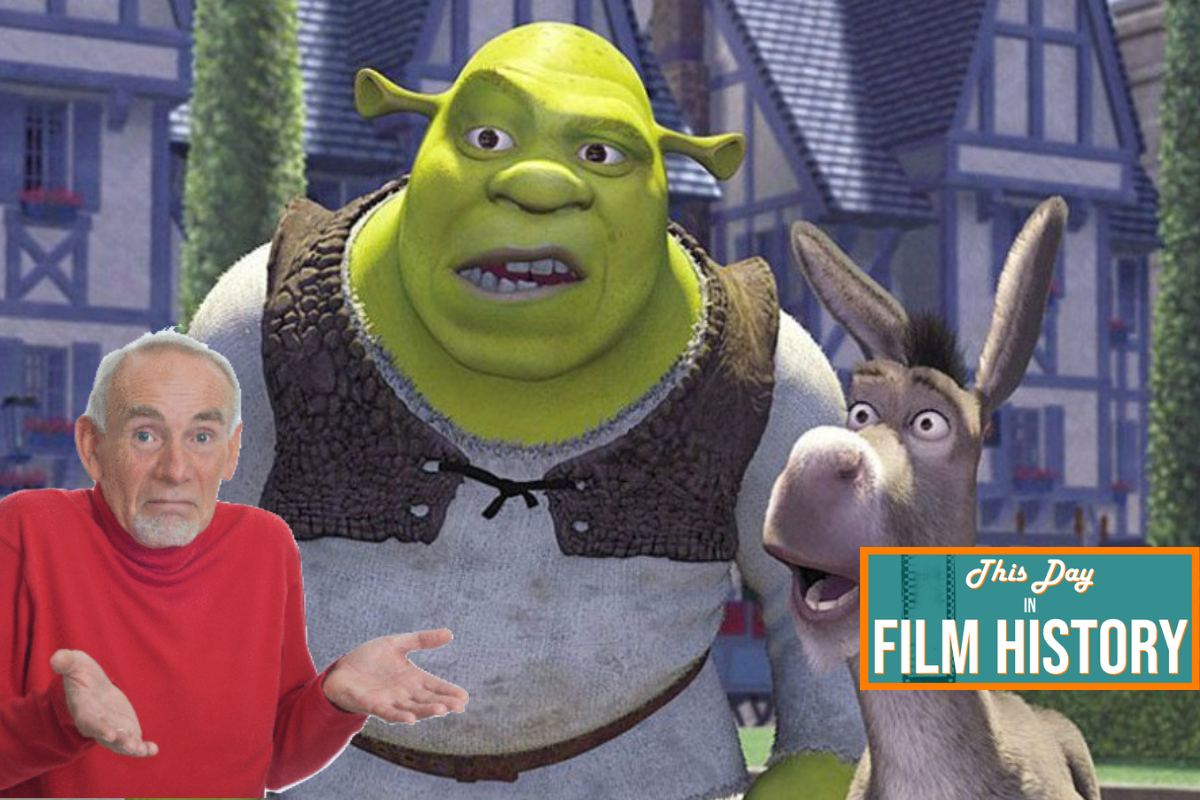
Now, I’m not one that worries about my age or mortality often, but when I hear others close to me bring up such topics, it often does lead to a reflection of myself. My sisters turn 25 and 30 this year, my mother turned 50, and with all that, when they start to joke about how old they feel, I begin to laugh with them but abruptly stop when I realize that it means in a few years I’ll be following them, and we’ll all be following each other through various age milestones until we are gone. It sounds scary, but once this is accepted, you can find grace and admiration for each of those milestones and every event in between.
I only bring this up because I had only recently realized that “Shrek” is now twenty years old. Shrek came out after I was born, I am the youngest of my siblings, and as they reflect on when they first saw the movie and all the times we’ve rewatched it over the years, it begins the chain reaction of pondering life in such a fashion.

One only hopes they age as well as “Shrek.” Because, twenty years after it’s theatrical release, it’s still one of the greatest animated movies ever conceived, and one of the most effortlessly charming movies period.
Like many other folks in the millennial or gen z category, I have a soft spot for this film. But, after a revisit with lowered expectations due to revisiting movies through rose-tinted lenses, I found that it holds up in such an unexpected way. And, after learning more about what went on behind the scenes, I not only still love this movie, but I have found a deeper admiration for it.
Shrek was directed by Andrew Adamson and Vicky Jenson (both first-time directors, by the way,) and based on the book by William Steig. The rights for the movie were originally purchased by Steven Spielberg, for what was set to be a traditionally animated film. He later sold the rights to Dreamworks. From there, development was handed over to producer Jeffrey Katzenberg.
We also almost had a bit of a different movie being made, as Mike Myers was not originally cast. Chris Farley was not only brought on for the movie but had recorded most of his lines already. Just listening to archive audio of “Tommy Boy” as Shrek is off-putting, to say the least. Not that he’s bad, because of course, Chris Farley was a legend, but because it is a very different character than what we ended up seeing (and hearing) in 2001. Farley passed away before recording all of his lines and was replaced by Myers, who voiced the role closer to his “Fat Bastard’ persona in the Austin Powers movies rather than taking the same approach as Farley.

Of course, like any animated movie worth its salt, the animation is lush, and only got better with its sequels (even if the sequels didn’t exactly age as well.) On top of Dreamworks entering the 3D computer-generated animation game in a big way, it also has wonderful ‘camerawork’ and ‘set design,’ making it feel more life-like and cinematic despite there not being physical sets or cameras on screen. A fine example of this is the Princess rescue sequence in the castle, with the dragon and the high bridge and the lava and the final chase. It’s truly wonderful.
This is a huge stepping stone, I believe, for animation as a whole. Pixar obviously changed the game with “Toy Story,” its sequel, and “A Bug’s Life,” but here, Dreamworks didn’t just play catchup: They became Pixar’s biggest rival, especially when considering Shrek was up for “Best Animated Feature” against Monsters Inc, another movie that shouldn’t be as old as it is. Not only was this new wave of animation from the two studios incredible, but with new competition, these guys were out to make movies that weren’t just good as “Animated Movies,” but damn fine as movies with or without animation. Twenty years later, we have the whole “Toy Story” quadrilogy along with movies like “Up” and “Soul,” and we also have the “How to Train Your Dragon” and “Kung Fu Panda” trilogies, which are two of the most beloved trilogies in film history. Shrek, being the first movie to win the “Best Animated Feature” award at the 2002 Oscars, made such an impact that it still holds up with all these movies.
On top of this, we have wonderful themes and messages. Shrek is not only a loner, but through his dynamic with Donkey, we learn that he feels a need to be alone because the world has hurt him badly, making him a vulnerable representation of bullied and alienated folks in our world. Fiona is looking for her Prince Charming while struggling with her secret: she becomes an ogre every night, from sunrise to sunset. This brings themes of acceptance, and as she falls for Shrek (and he for her,) we are reminded not to judge things just on their surface appearance. All anchored by Farquaad, our antagonist, who mistreats all the fairytale creatures, mocks Shrek and tries to imprison Fiona as soon as he sees her after the sun sets.

The voice acting is superb. Mike Myers is iconic, Eddie Murphy is electric as always, and John Lithgow SLAYS as Farquaad. The dialogue is fire; this may be one of the best scripts of the 21st century. The jokes of course only get better the older the movie gets (and the older you get.) The movie moves very fast as the plot covers about three or four days. The visual gags and easter eggs are fantastic to revisit. And, of course, what is Shrek without its music? The soundtrack is iconic, not just for its song selection (we’re still singing “All Star,” and the Smash Mouth cover of “I’m a Believer has been stuck in my head for literally decades now,) but for the way the movie uses its songs (Shrek taking out guards in a wrestling ring as Joan Jett’s “Bad Reputation” plays is a true show stopper, and the sequence highlighting Shrek and Fiona’s loneliness with “Hallelujah” is truly heartbreaking.) Let’s not forget the original score by Harry Gregson-Williams and John Powell, which is iconic in its own right.
When something like “Shrek” maintains such a high standing in pop culture for so long, it’s easy to assume that it’s purely due to nostalgia, but revisiting this movie reminded me why it DESERVES its place on the pedestal we’ve given it. As Roger Ebert put it: “… all the craft in the world would not have made ‘Shrek’ work if the story hadn’t been fun and the ogre so lovable. Shrek is not handsome, but he isn’t as ugly as he thinks; he’s a guy we want as our friend, and he doesn’t frighten us but stir our sympathy.”


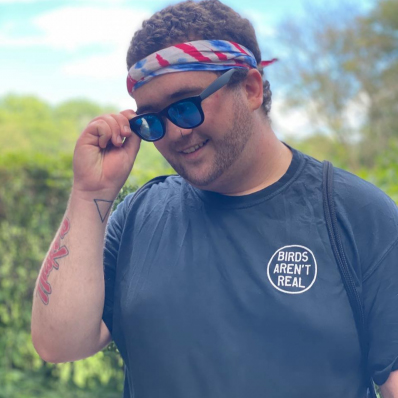
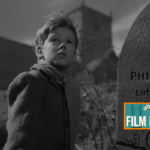
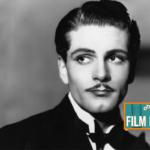
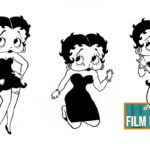
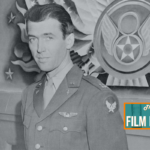

No u
Jacob Hildreth
July 15, 2021